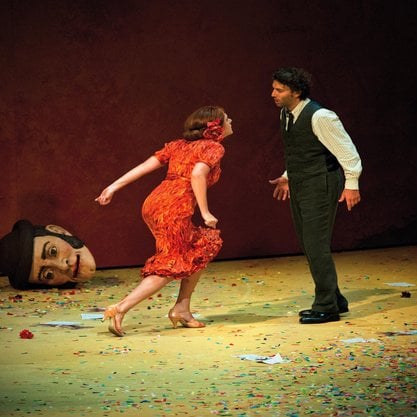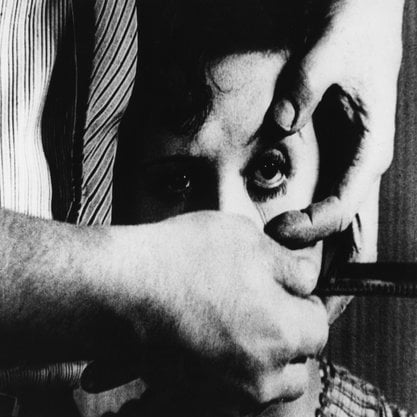Article
Chaplin, Charlie (1889–1977) By Banerjee, Ria
Article
Charles Spenser Chaplin was born in London on April 16, 1889, and died on Christmas Day, 1977, at home in Corsier-sur-Vevey, Switzerland. He had been famous across the world since his Tramp persona first hit screens in 1914 and besides earning numerous film awards he was knighted in 1975. Chaplin took to the stage in 1898 and came to the US in 1910 on tour with a British vaudeville troupe. In December 1913 he joined the Keystone Pictures studio in Hollywood with whom he made hits like The Kid (1921) and The Gold Rush (1925). Nonetheless, Chaplin embodied the essence of modernism. The Little Review, where James Joyce’s Ulysses (1922) was first serialized, published an admiring article calling him “the Mob-God,” a figure who embodied the gestalt of the times (1916).
When WWI broke out Chaplin did not enlist, which momentarily dipped his appeal; he returned to popularity in the post-war period with hits like The Kid (1921) and The Gold Rush (1925). Chaplin grew restless with the Tramp persona and wanted to leave it behind (Casseres, NYTimes, 12/12/1920), but it was not until The Great Dictator (1940) that he abandoned it. This was also his first sound film.



